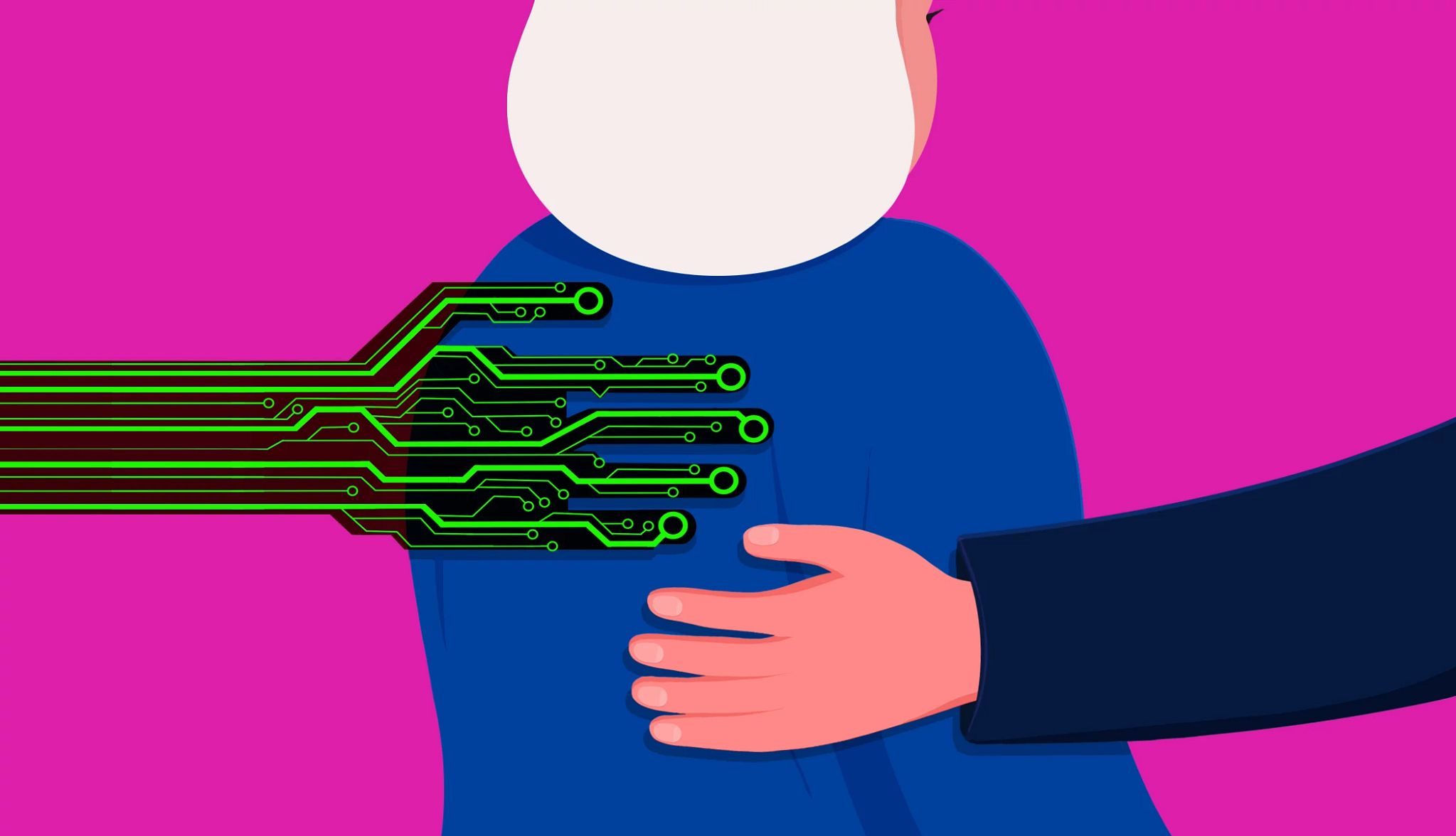Partner Constantina Papageorgiou of VMM's Wills, Trusts, and Estates and Elder Law practices is interviewed in today's AARP magazine about the technological tools that can help caregivers of loved ones with dementia.
The article can be read here and below.
8 Tech Tools for Financial Caregiving
Try these apps and services to help safeguard a loved one with dementia
By Laura Petrecca, AARP
Published April 10, 2025

As anyone caring for a loved one with dementia knows, diminished cognitive function can have far-reaching emotional and physical ramifications. The financial consequences can be considerable, too.
Cognitive impairment puts your loved one at greater risk of making major miscalculations, missing bill payments and falling prey to scammers. In our rapidly evolving digital world of online banking, two-factor authentication, and sophisticated text and email scams, technology can further complicate already complex money matters.
But it can also help. With the right tech tools, you can protect your loved one from financial harm while enabling them to maintain financial autonomy for as long as possible.
Modern technology “can facilitate a sense of financial independence for the patient while minimizing the risk of errors and fraud,” says Gary Small, M.D., chair of psychiatry at the Hackensack University Medical Center in Hackensack, New Jersey, and former director of the geriatric psychiatry division at the University of California in Los Angeles.
“There are so many helpful tools out there that didn’t exist before, and they’re improving all the time,” says Constantina Papageorgiou, a partner in the New York-area law firm Vishnick McGovern Milizio who specializes in elder law, guardianship, and trusts and estate planning.
Still, introducing tech to someone with dementia can be challenging. Your loved one may be suspicious, uncomfortable or simply unfamiliar with digital advances. Try taking a gradual approach. Describe to the person the tools that you’d like to put in place while keeping their capacities in mind. These conversations will be most productive if you can broach the topic while your loved one still has a firm grasp on their financial assets and responsibilities, Small says.
The earlier you initiate these discussions — and the earlier you put safeguards in place to protect the person’s finances — the better. Research earlier this year from AARP and MIT AgeLab found that significant financial losses often begin before an official dementia diagnosis.
Here are eight tools to consider.
1. Financial activity monitoring tools
Sign up for emails, text messages and other notifications from your loved one’s financial institutions to quickly alert you to suspicious transactions and missed payments and enable you to address them right away. Some institutions offer view-only or “guardian” access, allowing you to stay abreast of a loved one’s activity.
For more comprehensive monitoring, apps like EverSafe and Carefull provide tracking across multiple financial accounts.
2. Automatic bill pay
Setting up automatic bill payments from a credit card or bank account can “reduce the likelihood of missing a bill and it going to collections, which could result in penalties and interest,” says Elliott Appel, founder of Kindness Financial Planning in Madiscon, Wisconsin.
Sonya Jury, author of Mom Forgot My Birthday: A Daughter's Journey Through Alzheimer's, set up automated payments for her mother’s bills, including payments for health and life insurance and her assisted living facility. Auto-pay “made all the difference in the world,” says Jury, who managed her late mother’s finances while serving as her primary caregiver.
3. Expense tracking services
Budgeting tools such as Monarch Money, Quicken Simplifi, Rocket Money and YNAB (You Need a Budget) can help caregivers keep track of a loved one’s spending and identify unusual transactions, such as abnormally large purchases.
“An additional benefit is that you can identify recurring bills or subscriptions that a loved one may not need anymore,” says Appel, whose late father experienced cognitive decline.
4. A debit card with spending limits
Giving a loved one a prepaid debit card “is a simple way to offer autonomy with built-in protection,” Small says. You can purchase a basic Visa, Mastercard or American Express debit card online and at many retailers.
A credit card from TrueLink Financial is another option for caregivers looking for greater oversight. With TrueLink, “I can control how much they withdraw from the ATM, what they can spend on, get alerts for big expenditures and generally monitor their ability to use funds,” Papageorgiou says.
5. Identity theft protection
Older adults are frequent targets for identity thieves. American adults ages 60-plus lost more than $34.5 million to identity theft in 2023 alone, according to the FBI’s most recent "Elder Fraud Report." Services like Aura, Identity Guard and Lifelock by Norton provide alerts about potential identity theft, such as scammers applying for credit cards or loans in your loved one’s name. Carefull and EverSafe also monitor for identity theft.
6. Parental control apps
Parental control apps, which let adults monitor and manage a child’s device use, can also be helpful for caretakers of those with dementia. While he didn’t use it specifically to monitor his father’s finances, Appel used the parental control tool Qustodio to keep track of his dad’s phone in case he lost it.
Oversight like this can help to thwart fraud, too.
“It also allowed us to see who he was calling and texting,” Appel says. “If he had long conversations with people he shouldn't have been talking to, we could block the number.”
7. GPS tracking devices
Concerned caregivers can attach small GPS trackers to a loved one’s wallet, keys and other important items, Papageorgiou says. Tile and Apple’s AirTag are among the options on the market. Tile stickers start at $25 and Apple Airtags cost $29 apiece.
8. Smart home devices and digital assistants
Virtual assistants and voice-activated home devices such as Amazon’s Alexa and Google Assistant can be used for memory support — for example, reminding your loved one to pay bills or transfer money, Papageorgiou says.
Setting up reminders and alerts on a smartphone can also help them keep track of when bills are due, Small says. Scheduling alerts on your own devices can allow you stay on top of your loved one’s financial management.
Technology isn’t always the answer
Tech tools can help provide caregivers financial oversight while fostering greater independence for those with those with dementia, but a point may come when your loved one needs to be completely separated from any financial activity.
“When the patient is making frequent errors in their financial life, that is a time to remove their access,” Small says. “It could be unpaid bills, extravagant spending or, if they have the insight, their own request for help.”
Appel agrees. “Someone who has Alzheimer's, depending on the severity, might be better off being removed from their money and not having access to it,” he says. “Even the best tools often will only tell you something happened — not prevent a major issue.”


